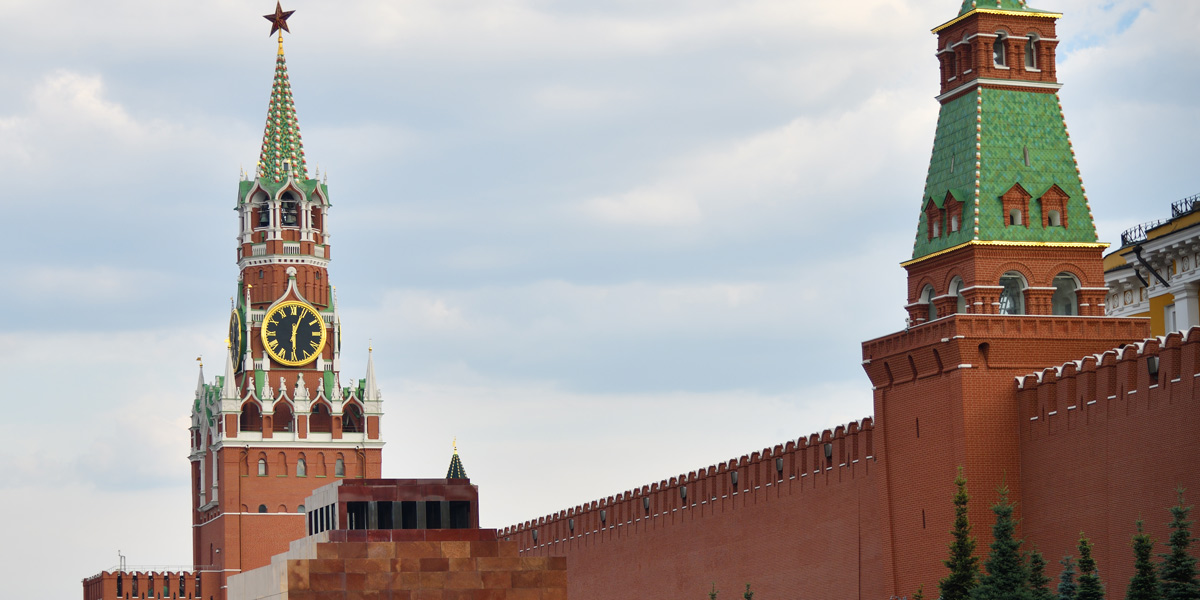
GMWatch interviews a “Kremlin bot”
Last Saturday The Times of London churned out a series of articles on how Kremlin trolls were interfering with public discourse in the UK.
According to the paper’s science correspondent Rhys Blakely, “The full scale of Russia’s disinformation campaign can be disclosed today after analysis of more than three million tweets and other social media messages collected by US researchers.”
Blakely penned no less than five separate articles as part of Saturday’s Times Investigation exposing how the Kremlin was using the Internet to target UK teenagers, exploit celebrities in a “twisted culture war”, and “sow fear in the West about GM crops”.
According to Blakely’s article, the expert analysis showed that “Kremlin-controlled accounts” were portraying “GM foods and other biotech advances as dangerous”. And in two separate articles he identified several of the “Kremlin bots” that were in the forefront of Russia’s anti-biotech attacks.
In the first of these, Blakely talked about “social media accounts sponsored by the Kremlin” pumping out “scores of tweets” from accounts pretending to be run by Westerners, with the aim of spreading unease about GMOs and glyphosate, the herbicide that most GM crops are grown with.
While the article was short on specific examples of the “Kremlin bots” in action, towards the end it did identify two particularly suspicious Twitter accounts: @VirginiaInCal and @PositivelyJoan. The latter, Blakely told us, “flickered into life on a Sunday. Every five minutes or so for about two hours it tweeted a quote from an article produced by Katehon, a Russian think tank that issues anti-Western views. The article attacked Monsanto, the America GM company. The account did not respond to a message from The Times.”
The account did, however, respond to a message from GMWatch. @PositivelyJoan wanted to keep her anonymity but she assured us that she was no bot. She told us that none of her tweets were automated. She said she had extracted lots of quotes from the Katehon article about Monsanto because she thought they were funny. She also confirmed receiving a message from Rhys Blakely of The Times but said she hadn’t responded because she was suspicious of his motives. She said she suspected he was pro-GMO and pro-glyphosate and was just using the Russian angle to try to undermine public concern.
We can’t absolutely prove that the @PositivelyJoan account isn’t a Kremlin bot or cyborg account posing as a Westerner – but if it is, it gives an extraordinarily good impression of being a human being in North America who’s not just critical of Monsanto and other giant corporations, but of established politics and the mainstream media.
The former diplomat turned human rights campaigner, Craig Murray, has also blogged about his scepticism over another supposedly Kremlin-run anti-GMO Twitter account that Rhys Blakely profiles in a separate Times article.
In “Surfer girl was behind wave of Russian propaganda”, Blakely “claims to have identified the Kremlin’s latest secret weapon in Cyberwars – ‘Bikini Girl’ @Organicerica. Except there is no evidence @Organicerica has any Russian links or promotes any Russian interests,” writes Murray.
Blakely disagrees. He points out in his article that @Organicerica “posted a message that praised Russia’s stance on the [GMO] issue. It included an image of St Basil’s Cathedral in Moscow. ‘Breaking News: Russian prime minister proposes ban on import of all products containing GMOs,’ the tweet read. ‘Russia continues hard line stance against GMOs.’”
But tweets like the one that refers to Russia seem to be few and far between in @Organicerica’s automated output, all of which seems to be derived from a website promoting organic restaurants in Seattle.
Craig Murray asks, “What kind of mindset do you need to have, automatically to equate opposition to Monsanto and to chlorinated chicken with being an agent of the Kremlin? Why is The Times publishing this absolute rubbish?” Murray suggests it reflects both the “Russophobia gripping the media” and “the desire to delegitimise environmental activism.”